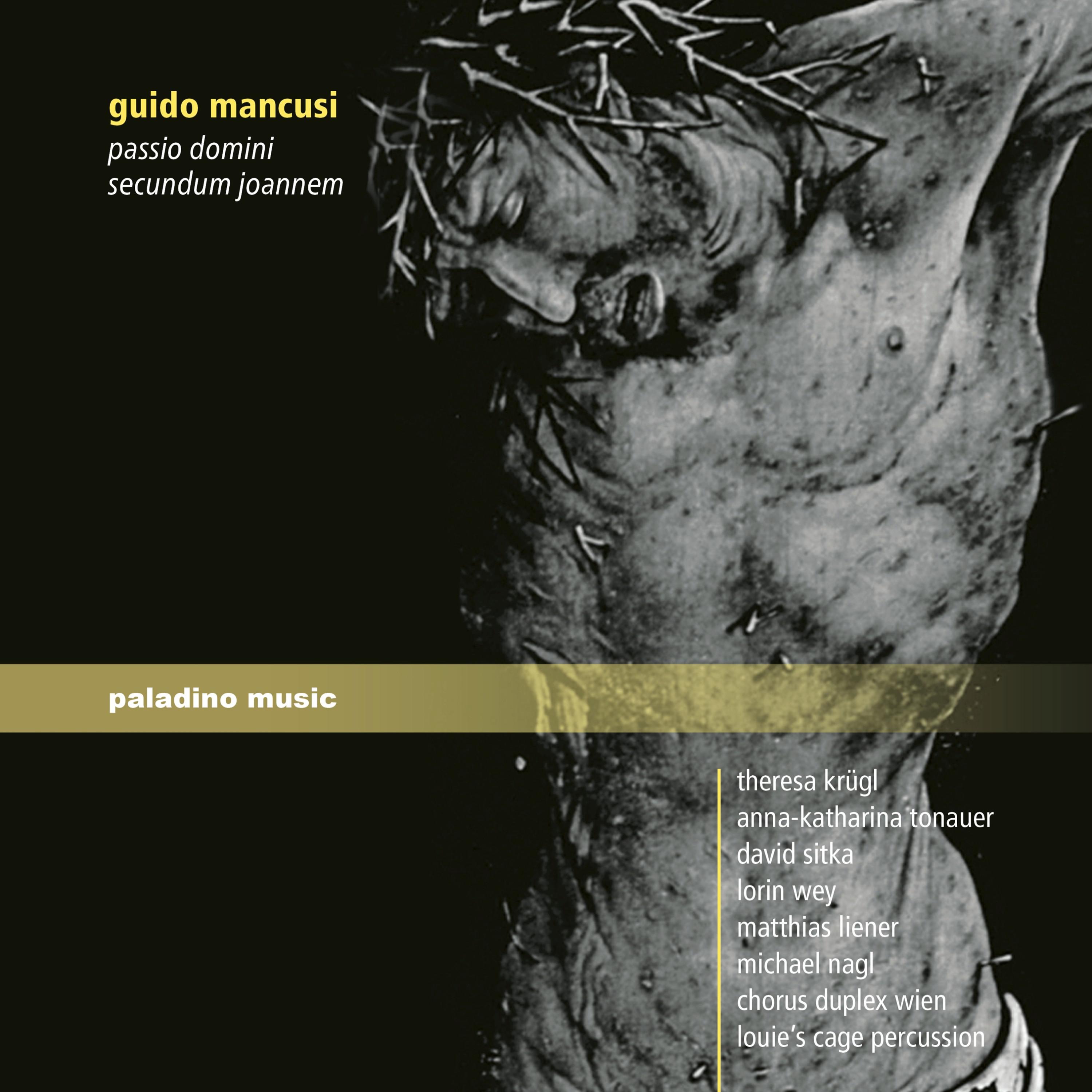The Shocking Truth Behind Why Did Peter Navarro Go to Prison: An In-Depth Analysis
#### Why did Peter Navarro go to prison?Peter Navarro, a former advisor to President Donald Trump, has recently made headlines due to his legal troubles cul……
#### Why did Peter Navarro go to prison?
Peter Navarro, a former advisor to President Donald Trump, has recently made headlines due to his legal troubles culminating in a prison sentence. This situation has sparked widespread interest and debate, leading many to ask, "Why did Peter Navarro go to prison?" To fully understand the circumstances surrounding his imprisonment, we need to delve into the details of his actions, the legal framework involved, and the broader implications of his case.
#### The Background of Peter Navarro
Peter Navarro served as the Director of the Office of Trade and Manufacturing Policy during the Trump administration. He was known for his strong stance on trade issues, particularly regarding China, and was a vocal advocate for tariffs and economic nationalism. His controversial policies and bold statements earned him both supporters and critics. However, it was his actions during and after the 2020 presidential election that would ultimately lead to his legal troubles.
#### The Charges Against Navarro

Navarro was charged with contempt of Congress after he refused to comply with a subpoena issued by the House committee investigating the January 6th Capitol riot. The committee sought to gather information regarding Navarro's involvement in efforts to overturn the election results. Despite being given multiple opportunities to testify and provide documents, Navarro's refusal to cooperate led to the charges against him. This refusal was framed as an act of defiance against the legislative process, raising questions about accountability and the rule of law.
#### The Legal Proceedings
Navarro's legal battle was marked by significant media attention and public interest. His defense argued that his actions were protected under executive privilege, a claim that has been widely debated among legal experts. However, the court ultimately ruled against him, emphasizing the importance of congressional oversight and the necessity for individuals to comply with lawful subpoenas. The verdict was a pivotal moment, not only for Navarro but also for the broader context of accountability in American politics.
#### The Implications of Navarro's Imprisonment

The question "Why did Peter Navarro go to prison?" extends beyond Navarro himself; it touches on fundamental issues of governance, accountability, and the balance of power in the United States. His case serves as a reminder of the consequences that can arise from defiance of legal processes, particularly for individuals in positions of power. It also raises critical questions about the limits of executive privilege and the responsibilities of public officials to uphold the law.
#### Public Reaction and Future Consequences
The public reaction to Navarro's imprisonment has been mixed, with some viewing it as a necessary step to uphold the rule of law, while others see it as a politically motivated action against a prominent Trump ally. This division reflects the ongoing polarization in American politics, where legal actions against political figures are often interpreted through partisan lenses.
As the legal landscape continues to evolve, Navarro's case may have lasting impacts on how future administrations interact with Congress and respond to subpoenas. It also serves as a cautionary tale for public officials regarding the importance of transparency and accountability.

In conclusion, the question "Why did Peter Navarro go to prison?" encapsulates a complex interplay of legal, political, and ethical considerations. His case highlights the importance of adhering to the rule of law and the consequences of failing to do so. As we move forward, it will be essential to monitor how these developments shape the political landscape in the United States and influence the behavior of future leaders.